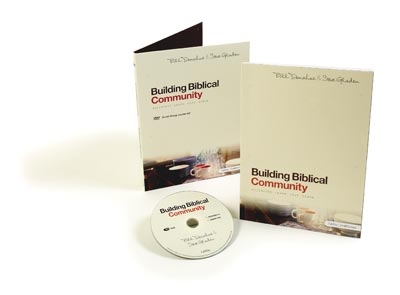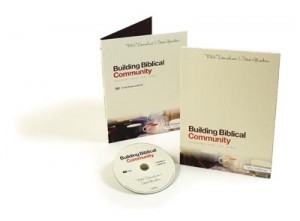George Washington was a courageous man.
I knew this to be true…you can’t go through the United States public school system without studying about our country’s first President. But I’ve recently been reminded of his heroism while reading 1776 by George McCullough.
In September of 1775, Boston was under siege by British troops. Washington was the commander of the American military forces (which were a mishmash of untrained and largely unorganized farmers and other Yankees), and he was ready to make a bold move to recapture Boston, ending the siege. However, there were two problems.
1. The British forces were powerful and abundant.
2. An attack on Boston, to remove the siege, could mean the destruction of the city.
But Washington wasn’t one to sit around and wait for something to happen. So he began petitioning Congress to move troops, and begin attacking the British at Boston, because he knew how strategic and valuable the city would continue to be for the future success of the Revolutionary War.
In a letter to the governor of Rhode Island, Washington said this:
No danger is to be considered when put in competition with the magnitude of the cause.
Washington was facing lots of dangers. Loss of significant lives. Loss of his power and authority. Loss of his reputation. Loss of the city of Boston. Loss of supplies. Loss of time. Loss of effort. Loss of the colonies to the British. But he was willing to not consider those dangers when he compared them to the magnitude of the cause…winning independence.
We could learn something from this, even today. Because far too often, when we count the cost, we show by our actions that we believe the task is too dangerous for us. We show fear when we don’t
- Share our faith
- Press in to know our own heart
- Have a tough conversation with a friend
- Take on that new project
- Stop and build a relationship with someone new
- Press in to know the heart of our children
- Give financially until it hurts
- Serve expecting nothing back
- Do what God’s clearly calling us to do
- Step out of our comfort zone
When we put the above in competition with the magnitude of the cause…they pale in comparison. They are still dangerous…highly dangerous. You could get burned, misunderstood, shamed, abandoned, discouraged, and broke. But, like Washington said, these dangers aren’t to be considered when we compare them with the magnitude of the cause. What is the cause that has such magnitude?
- The health of our family.
- The health of our heart. (living a life worthy of our call, Ephesians 4:1-2)
- Serving our King faithfully.
There’s nothing else greater.
For God has not given us a spirit of fear and timidity, but of power, love, and self-discipline. – 1 Timothy 1:7
Have you ever felt yourself crippled by fear?
What was it that got you going again?














